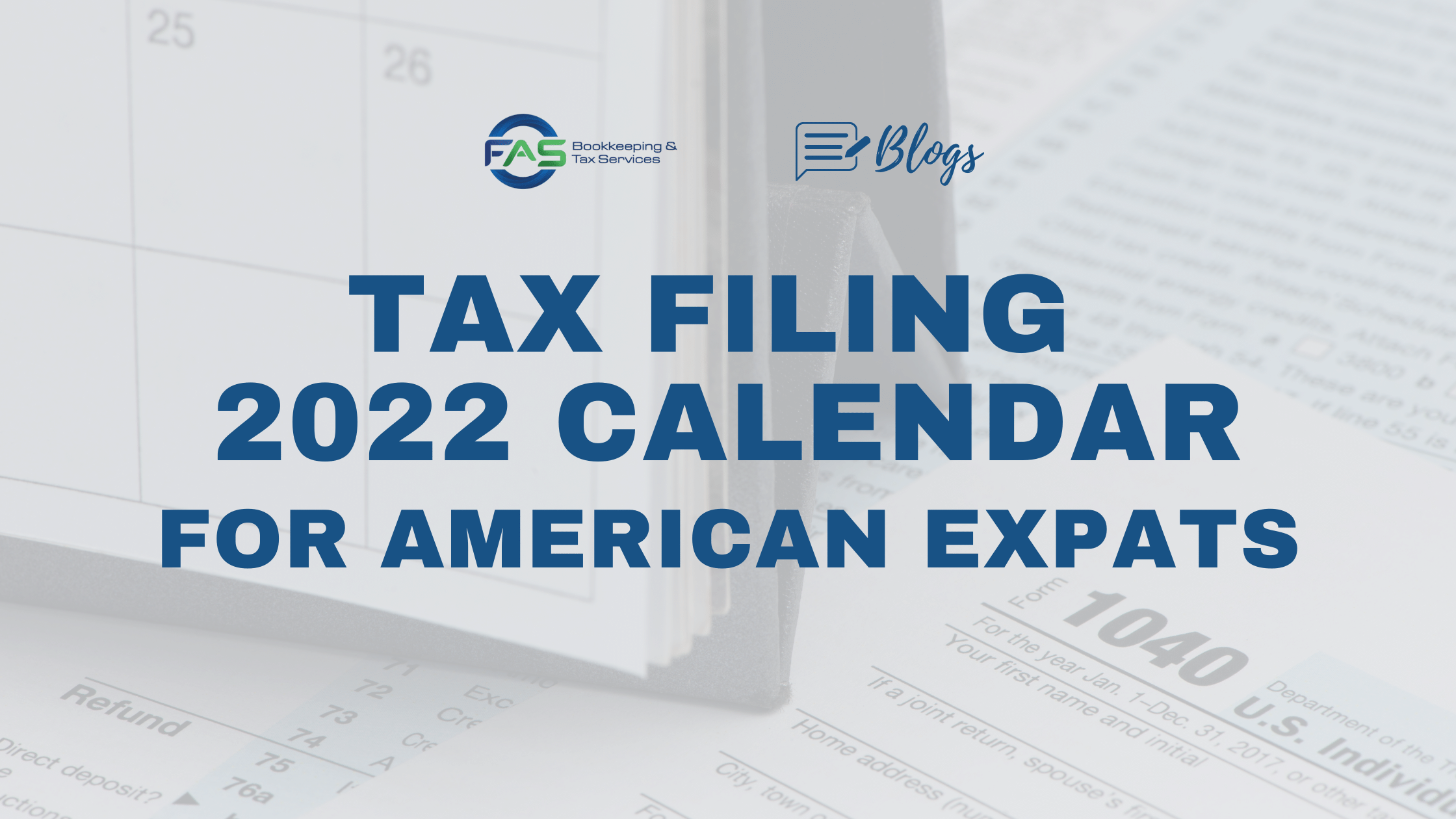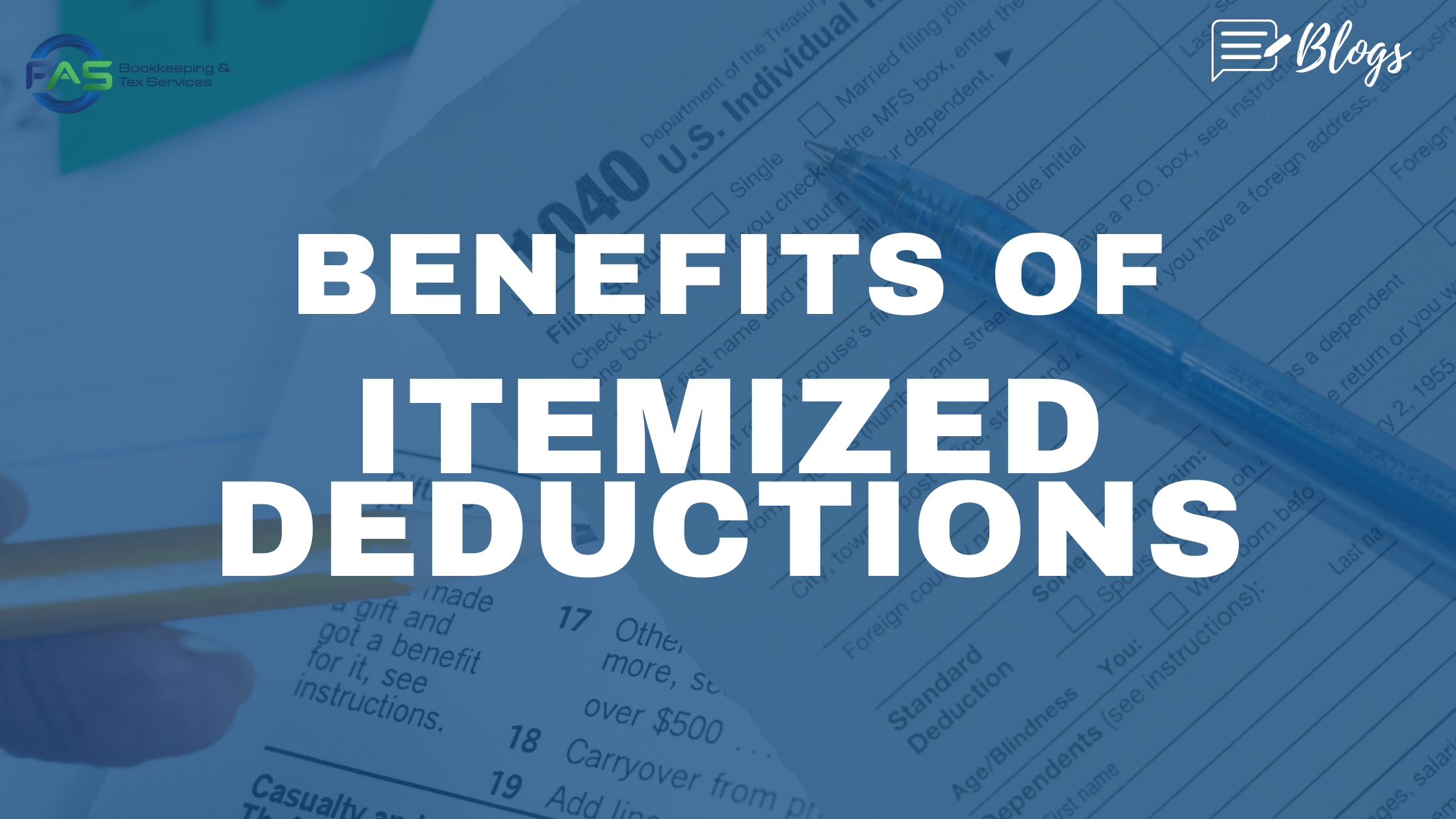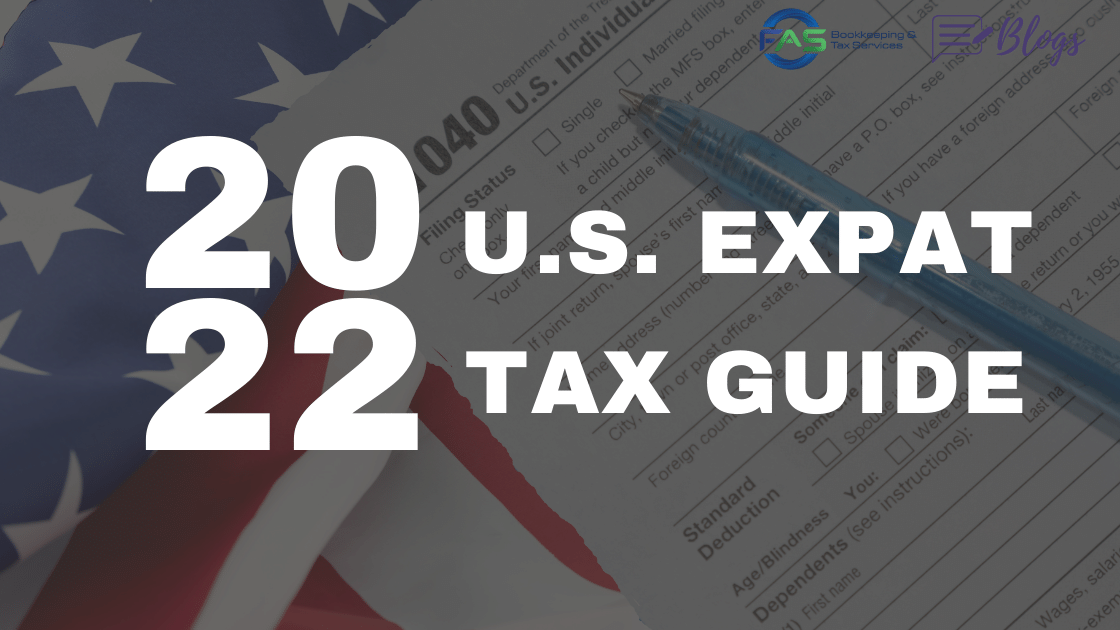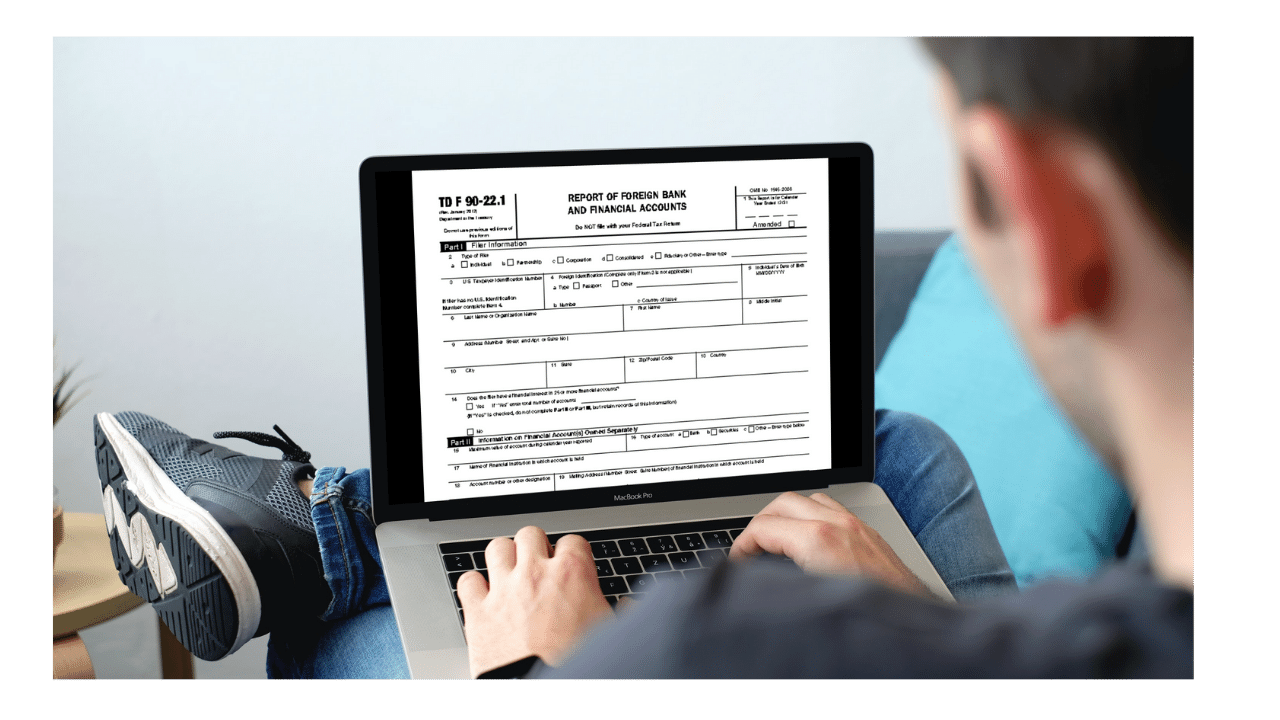2022 US Expat Tax Guide
A lot of Americans living abroad in 2022 don’t realize that they have to file US taxes, because the US is one of the few countries that tax individuals not on their residency but on their citizenship. So we’ve made this 2022 US Expat Tax Guide to help Americans abroad navigate their US Tax obligations.
While the process of filing a US tax return from abroad will differ slightly from the process for domestic filers, expats should still be able to submit their taxes and avoid any penalties or interest assessed by the IRS.
Here, we present a step-by-step guide to the six tax filing requirements for expats—the dreaded and complex US expat tax maze. We hope it will aid you on your journey.
Who needs to file in 2022?
The US requires all Americans and green card holders to file taxes on their worldwide income above $12,550 for single or married filing separate, or if they earned more than $400 through self-employment.
While filing taxes from abroad, expats must convert their foreign income into US dollars. They may use any reputable currency conversion resource they wish, so long as they use the same one consistently.
How Expats can reduce their US tax bill?
Most foreign-born Americans will not have to pay US taxes in 2022, even if their income exceeds the filing threshold.
The IRS has made provisions available that expats can use to offset their US tax liability. Usually, the expat ends up paying no more in taxes than if he or she were living in the United States and paying taxes according to the income tax rates of the state they live in.
In many expats’ experience, there is a tax treaty between the US and their host country that protects them from being double taxed.
Some U.S. tax treaties contain what’s called a “saving clause,” which states that the U.S. can tax its citizens as if the tax treaty didn’t exist. So very few U.S. expats benefit from U.S. tax treaties, except for those who are teachers, students or researchers and meet certain requirements specified in the saving clause. Expats who can benefit from a tax treaty provision can claim it on Form 8833 when they file their income taxes each year.
Instead, most U.S. expatriates claim either the Foreign Tax Credit or the Foreign Earned Income Exclusion.
The Foreign Tax Credit allows expats who pay foreign taxes to claim the same value in US tax credits as the foreign income taxes that they’ve already paid in the country where they live. Foreign tax credit can only be applied to foreign taxes paid on foreign source income, such as interest from foreign bonds, not income from American based rents, pension or investment income.
You can use Form 1116 to claim the Foreign Tax Credit if you live abroad. You may be able to completely eliminate your US tax bill by taking advantage of this credit, which is often used by expats who pay higher foreign income tax rates than the US rate. If you claim the Foreign Tax Credit but don’t owe any US taxes, you still have to file a tax return with the IRS declaring your worldwide income.
Another option to help expats reduce and often eliminate their tax bill is the Foreign Earned Income Exclusion.
The Foreign Earned Income Exclusion—which lets expats exclude the first US$108,700 (for tax year 2021; the figure rises a little each year due to inflation) of earned income from US taxes no matter whether they pay taxes overseas too—has been popular since its introduction.
A special tax break called the Foreign Earned Income Exclusion can be applied to earned income—such as salaries, self-employment, wages, commissions—but not to unearned, passive income for example from rents, pensions, dividends or interest.
The income requirement is the same no matter where in the world you live, but if you claim the Foreign Earned Income Exclusion, you must demonstrate that you live abroad by meeting one of two IRS tests. The Bona Fide Residence Test requires expats to prove that they were a permanent resident in another country in the tax year in question. Some ways to do this include having a permanent residency visa, or if their main home is there, or by paying taxes there.
The second way to prove you qualify for the Foreign Earned Income Exclusion is the Physical Presence Test. To meet this test, you must be outside the US for at least 330 days within a 365-day period that overlaps with your tax year.
You can claim the Foreign Earned Income Exclusion by filing IRS Form 2555 or, if the facts and figures involved in your situation are straightforward, you may be able to use Form 2555-EZ. If you claim the Foreign Earned Income Exclusion, you can also claim the Foreign Housing Exclusion on Form 2555, so that you can exclude a proportion of your housing expenses from your income.
In general, U.S. citizens living abroad do not have to pay U.S. income tax unless their foreign income is greater than both the U.S. tax rate and the foreign tax rate. Most Americans overseas don’t end up owing any U.S income tax, whether they are paying foreign income taxes or not.
Expatriates who have only passive and US-sourced income may have to pay taxes in the US then claim tax credits in the country where they live to avoid double taxation, if available.
We strongly recommend that you talk to our Enrolled Agent to help you navigate your expat taxes this year!
Expats with children
American expats that live abroad with their children may also be able to claim the Child Tax Credit
For the tax year 2021, taxpayers can take a $3,000 tax credit per dependent child. The credit is also refundable for anyone whose total tax liability has been reduced to zero by claiming the Foreign Tax Credit.
The Child Tax Credit, on Form 8812, can provide a significant boost for Americans living abroad with children. To claim the credit, the children must be US citizens with US social security numbers.
Foreign Account Reporting for Expats
In addition to filing a federal tax return each year, Americans may have to file a Foreign Bank Account Report, or FBAR.
If you have over $10,000 in foreign financial accounts at any time during the year, you’re required to report that information by filing FinCEN form 114 online. The FBAR is filed with the US Treasury’s Financial Crimes Enforcement Network, not with the IRS, and penalties for not filing (or for incomplete or incorrect filing) are high, so it’s critical that expats keep up to date with the rules. Qualifying financial accounts include checking and savings accounts, investment accounts, and most pension accounts, including any accounts that expats have control or authority over, such as joint accounts and business accounts.
While FBARs for tax year 2021 is nominally due by April 15, 2022, there’s currently an automatic extension until October 15, 2022.
FATCA and what it means for expats in 2022
The Foreign Account Tax Compliance Act (FATCA) was signed into law in 2010, changing the landscape for US expats.
The Foreign Account Tax Compliance Act aims to stop tax avoidance. The law requires all Americans with significant offshore financial assets to report them every year on Form 8938 It also compels foreign financial firms including banks and investment firms to provide their American account holders’ balance and contact details directly to the IRS.
The impact of FATCA on Americans living abroad has been significant because the IRS can snoop on expats’ finances globally and some foreign banks have simply declined to provide services to Americans due to the additional administrative burden that reporting with the IRS creates.
In conclusion, Americans abroad cannot afford to ignore their US tax and FBAR filing obligations. We recommend that everyone takes steps to become compliant at their earliest convenience.
Amnesty program for expats that needs to catch up
The IRS has a program that offers amnesty to expats who are behind on their US tax filing because they weren’t aware they had to file from abroad.
The Streamlined Procedure is a program for expatriates who have not filed past US tax returns. It allows expats to file their last three tax returns and the last six FBARs, without the risk of incurring fines. Expats can also claim retrospective exemptions on certain taxes that were previously owed, minimizing or eliminating their US taxes altogether.
Expats who are behind with their US tax filing and want to avoid fines should act now, as the Streamlined program is only available voluntarily, which means catch up before the IRS contacts you.
Social Security taxes and benefits for expats
American expats who worked in the US or abroad in 2021, and were either paid by an American or foreign employer or were self-employed, may have to pay US social security and Medicare taxes.
US expats should be aware that they may still have to pay social security taxes in the country where they live. Signing a Totalization Agreement with 30 other countries prevents double social security taxation, because if an expat is only going to live abroad for 3-5 years, it’s best to continue paying US social security taxes while living in their host country. If they plan to spend longer than that abroad, they would pay social security taxes in their host country but not in the US. Their contributions to either country count towards future social security entitlement in both.
The 15.3% self-employed expats pay can still be a burden though, and some self-employed expats choose to set up a corporation in a low or no tax foreign country so that as an employee of a foreign corporation they aren’t liable to pay US social security taxes. Though that benefit has been reduced for many expats following changes to the taxation of foreign corporations in the 2017 Tax Reform, and expats should be aware that not paying social security contributions may affect their ability to receive social security payments when they retire.
Americans who retire abroad can receive US social security checks in a foreign bank if they wish, though it is advisable to check local tax regulations for any additional taxes that might be owed. Americans who receive social security checks are subject to US taxation and possibly in the country where they live, too, depending on the rules there. However, expats may be able to claim tax credits in their country of residence so as to avoid double taxation.
Bottom line
An expatriate in the US should be aware of how the IRS enforces US tax filing for expats. This can be difficult to determine on your own, since the IRS has a number of exclusive methods for determining what it considers an expatriate owes in US tax, and these might not always be clear from the US tax code. Owing the IRS more than $50,000 in unpaid taxes may have your passport revoked, so it is important for American expats to make sure that they are compliant.
Bearing the severity of penalties and fines that an expat may get by not properly filing their taxes, it is advisable to seek the assistance of an Enrolled Agent to help you prepare your taxes. Doing so can help you remain fully compliant with the IRS and avoid any severe penalties.
Get in touch with us!












 The IRS’s taxpayer advocate service delivered a report to the tax-writing committees in Congress. The inventory lists unprocessed returns and related correspondence. The agency’s warning that it would provide poor service in the 2022 filing season is nothing new; this has been the case for years.
The IRS’s taxpayer advocate service delivered a report to the tax-writing committees in Congress. The inventory lists unprocessed returns and related correspondence. The agency’s warning that it would provide poor service in the 2022 filing season is nothing new; this has been the case for years.


 Less than one percent of tax returns get audited each year and about one percent of corporate returns. In 2020, the IRS audited nearly 771,095 personal tax returns and recommended nearly $17.3 billion in additional taxes.
Less than one percent of tax returns get audited each year and about one percent of corporate returns. In 2020, the IRS audited nearly 771,095 personal tax returns and recommended nearly $17.3 billion in additional taxes.